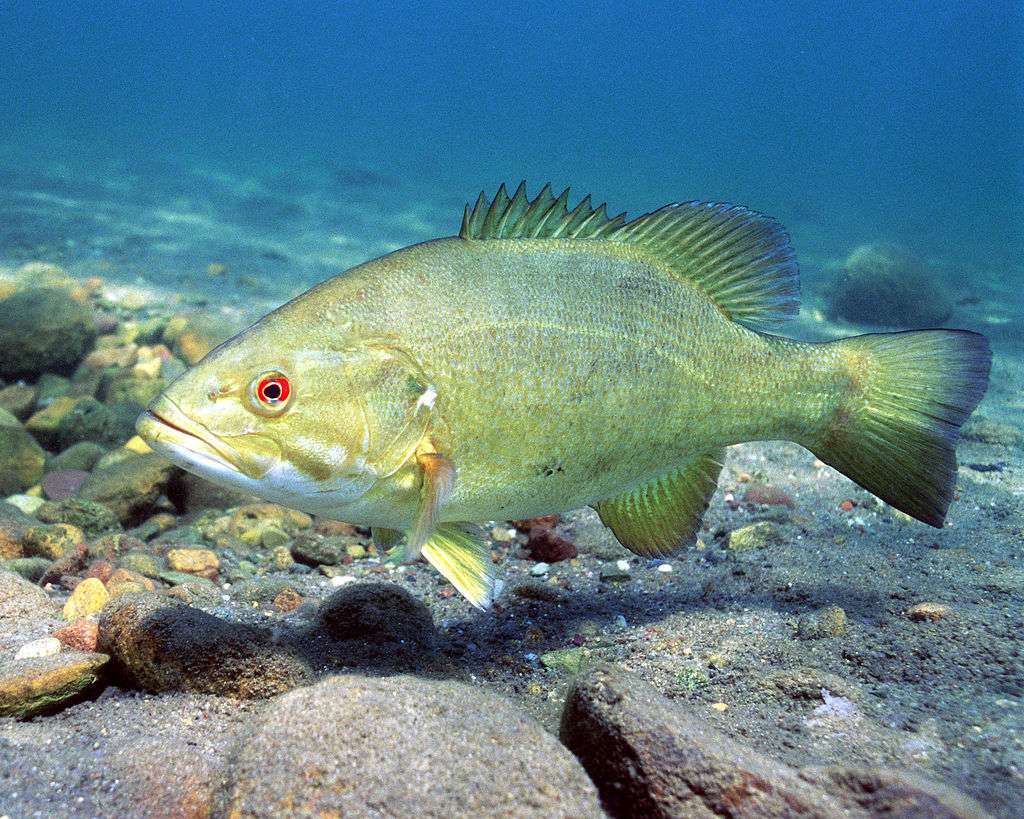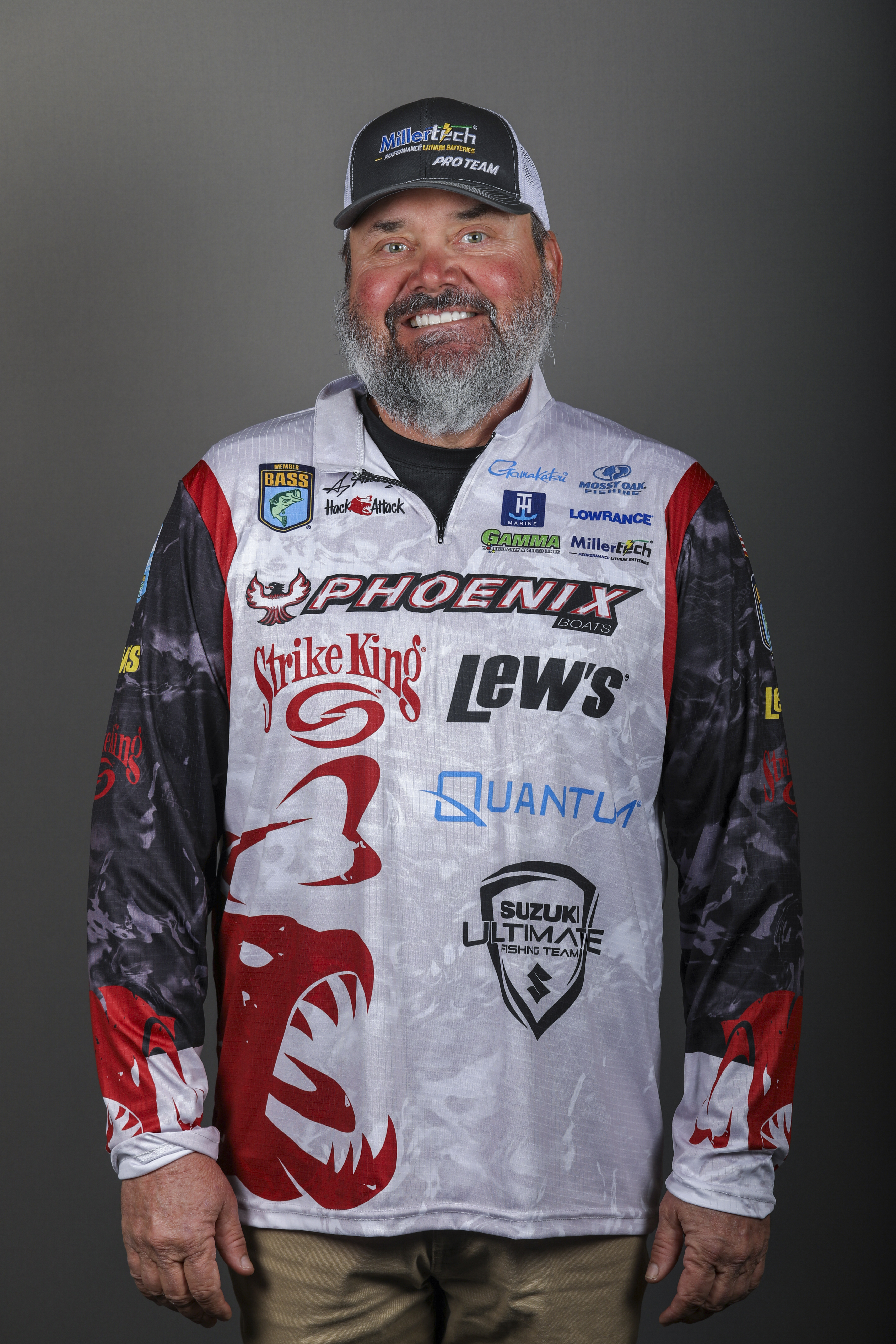
Over the years I’ve developed a theory that there are two basic groups of bass. We’ll start with the easy group first. I call them resident bass.
Resident bass move into an area after they spawn and never leave. That area might be the back of a creek, in marina or somewhere under a giant laydown. For the most part they stay shallow all the time but there will usually be deeper water nearby.
They stay there because they have enough to eat locally, there’s a place to spawn nearby and they have protection from bigger predators and nasty weather. As a practical matter they don’t need anything else to survive. In short: The habitat suits them.
I spent half my career fishing for resident fish. Once you find them they aren’t going anywhere. Mark them and you’re ready to go from one day to the next or one month to the next. They’ll never be very far away.
Targeting these fish is an excellent strategy for a one day tournament. They’ll give you enough weight to place high or win. And, if you’re a recreational angler out fun fishing they can make for a day of more or less steady action.
The problem is, of course, that there aren’t enough resident bass — their numbers are small compared to the second group. There’s not enough to keep you in the hunt during a multi-day tournament. They almost never get you a win.
The second group gets tough sometimes. I call them roamers. They really don’t live anywhere. They roam in schools chasing baitfish or crayfish. The only exception to this is when they’re on the spawn. That’s when they tend to break apart, but even then you’ll find them in the same general area.
These bass aren’t usually shallow. They tend to go deeper and stay deeper. That doesn’t mean they’re in the deepest water in the lake, however. It just means that they tend to stay out where there’s a little more depth than there is up against the shore or under a laydown in the back of a creek.
You can’t mark spots for roamers and then go back time after time to catch a few. They’re rarely in the same place. They migrate. It’s all about hunting and searching for them no matter if you’re a serious tournament angler or a casual weekend guy.
In a lot of cases these bass are bigger than residents. I have no explanation for that. The only thing I can say is that I’ve been at this business for more than 20 years and that’s my observation. Roamers are the bass that’ll put you in the winner’s circle at a Bassmaster Elite Series tournament or at a GEICO Bassmaster Classic presented by DICK’S Sporting Goods.
If you want to better understand what I’m talking about, think Kentucky Lake. It’s one of the best examples out there. You can work the shoreline and the marinas and catch bass off and on all day. But, if you expect to win a high-dollar, multi-day event you better turn your boat around and get out on the ledges.
Think about this the next time you go fishing. It’ll have a positive impact on your catch.

